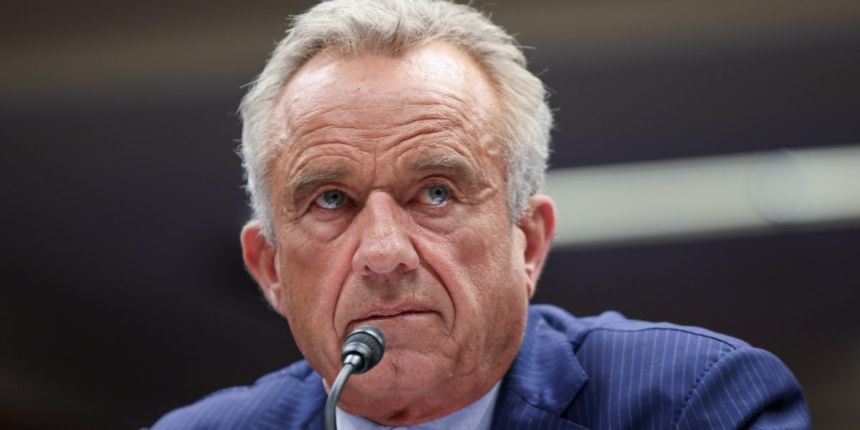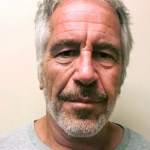Canaccord analysts wrote the bank believes the legal risk is minimal given that a mass tort lawsuit on similar claims “was essentially shut down” in December 2023. The bank also noted a statement from HHS that any claims about Kennedy’s report were speculation. Calling the market sell-off a “major overreaction,” it added that it sees “no reputable study [that] has linked acetaminophen use to increased risk of [autism spectrum disorder].” The headline risk, if any, is losing a small segment of consumers rather than a multibillion-dollar verdict.
Canaccord also monitored public sentiment by reading comments across multiple social media formats, including those more likely to support Kennedy’s MAHA movement. Mainstream channels finds no acceptance of these claims, while even “more fringe” sources produce “mixed sentiment” with indicating there is still no proof, and others vocal about other seeming conspiracy theories, such as that vaccines cause autism—also unproven, the bank notes.
For those watching closely, the reaction across Wall Street offers an important lesson in how medical controversies play out in public markets. While headline risk may rattle stocks, nuanced assessment from analysts can quickly restore perspective and, in some cases, spark recovery. As it stands, Kenvue’s Tylenol saga appears to be more noise than signal—at least for now, according to those paid to know.









